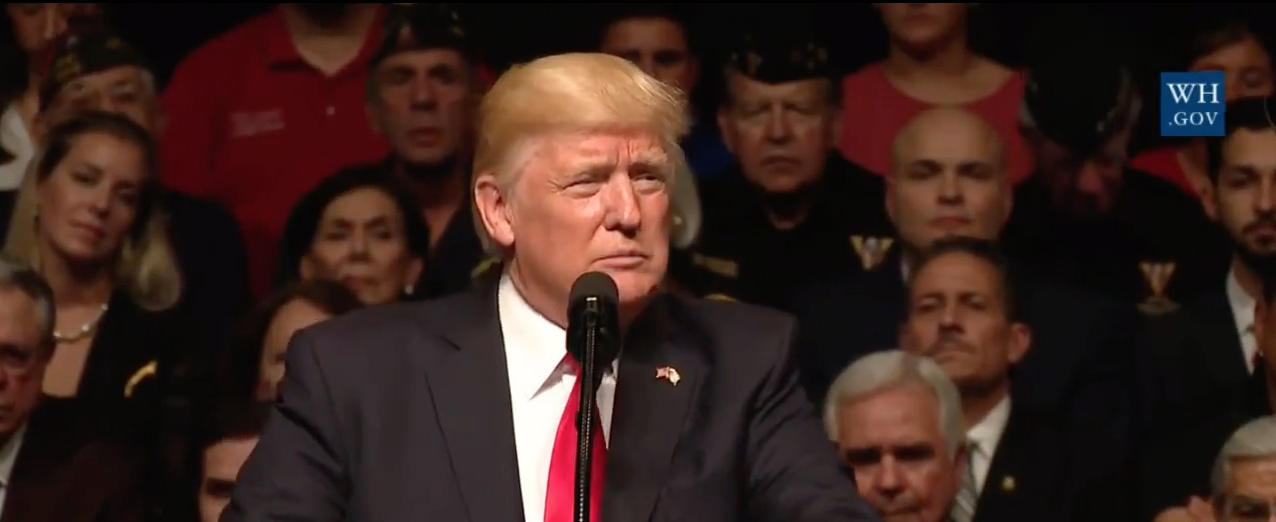Although not a complete rollback, U.S. President Donald Trump announced a different direction for U.S. policy toward Cuba today. Let’s review the details, particularly how it will affect travel.
Nothing will change immediately. The President’s Executive Order tasks the Treasury Department to come up with a new set of regulations to ensure that U.S. dollars are not enriching the Cuban government and military.
Target: Cuban Military
Problem: the communist nation’s military conglomerate, Grupo de Administracion Empresarial S.A (GAESA), owns almost everything. Should the Administration, as expected, prohibit American businesses and individuals from directly supporting the Communist government and its many business entities, it will mean a far more narrow list of approved activities for commerce with Cuba.
Practically, that will mean the end of drinking Havana Club, purchasing Cuban cigars, and staying in hotels owned fully or partially by the business arm of the Cuban military (such as the new Four Points Sheraton).
“People to People” Visits Will Be More Tightly Regulated
Politico reports that 60% of the Cuban economy is run by GAESA (and up to 80% of the tourism industry). On paper, tourism remained banned in Cuba, but practically the Obama Administration encouraged it through severely loosening travel restrictions.
This will now change.
Currently “people to people” visits give most visitors a legal reason to be a tourist in Cuba. After all, you cannot help but to interact with Cubans during a visit to Cuba…
Under the revised guideline, a full-time schedule of activities that “enhance contact with the Cuban people, support civil society in Cuba, or promote the Cuban people’s independence from Cuban authorities” is required. Reactions between the traveler and Cubans must be “meaningful”, though that word remains undefined.
Why This Change Now?
If we give the Trump Administration the benefit of the doubt, let’s look to U.S. Secretary of State Rex Tillerson for rationale why there is only a gradual rollback of the Obama-era policy.
The general approach, if I can say that, is to allow as much of this continued commercial and engagement activity to go on as possible because we do see the sunny side, as I described it. We do see the benefits of that to the Cuban people.
On the other hand, we think we’ve achieved very little in terms of changing the behavior of the regime in Cuba and its treatment of people…and it has little incentive to change that.
Senator Marco Rubio (R-FL), a vociferous opponent of the Castro regime, argued that the proposal forces the hand of the Cuban government, requiring it to provide less interference and more rights to its citizens in order for the economy to flourish.
CONCLUSION: Wait and See
Now we wait as regulators draw up new guidelines for Cuban commerce and travel. You might want to head to Cuba now if you do not wish to skirt U.S. law, because travel restrictions will invariably come later this summer or in early autumn.
2.5 years ago I expressed my viewpoint on the matter here. While I do understand the rationale for tightening restrictions, I see it causing more harm than help to the thousands of Cubans employed by GAESA.
You can watch President Trump’s full address here–
The White House has also provided a fact sheet on the new Cuba restrictions.
Read my Cuba trip report:
Planning a Trip to Cuba
Los Angeles to Havana in TACA Economy Class
Visa Requirements for Visiting Cuba
Day One in Cuba: A Tour of Havana
Day One in Cuba: An Evening Surprise
Accused of Being An American Spy!
Day Two in Cuba: Escorted Flying
Day Two in Cuba: The Juxtaposition of Two Cubans
Havana to Los Angeles in TACA Economy Class
10 Tips for Visiting Cuba
Why You Should Visit Cuba Now





Leave a Reply